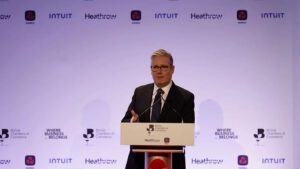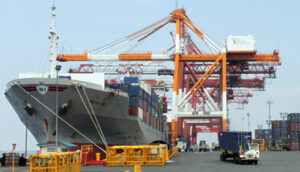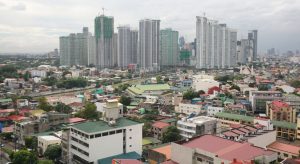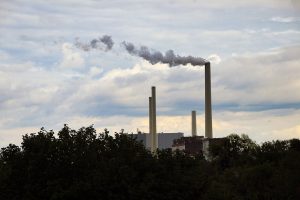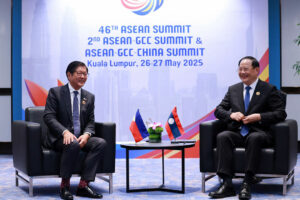THE PHILIPPINES and Indonesia are falling behind in the effort to decarbonize East Asia and the Pacific due to their continued reliance on dirty energy, the World Bank (WB) said in a report.
The bank said these two countries should consider removing fossil fuel subsidies and implementing carbon taxes or green subsidies.
In its “Green Technologies Decarbonizing Development in East Asia and Pacific” report, the bank said progress toward decarbonization in the region has been uneven, but carbon intensity in most economies has declined due to the improved energy efficiency.
“This progress, however, has been partially offset by countries such as Indonesia and the Philippines, whose energy mix has become dirtier,” it said.
Philippine greenhouse gas emissions amounted to 204.33 teragrams of carbon dioxide equivalent in 2020, down 12.3% from 2015 levels.
However, the Philippines still relies heavily on fossil fuel for power generation.
The Philippines hopes to increase the share of renewable energy in its power generation mix to 35% by 2030 and to 50% by 2040.
The World Bank also noted Vietnam’s increasing carbon intensity, but its energy efficiency has not improved in the past decades.
Meanwhile, China saw the biggest improvement in emission intensity, but the surge in its total emissions showed that “output growth fueled by dirty sources far outpaced the economy’s decarbonization process.”
The World Bank urged economies to move away from distortionary policies, such as fossil fuel subsidies and barriers to trade and investment.
“Complementary measures — such as assistance for low-income beneficiaries of fuel subsidies and retraining for workers in fossil fuel industries — would enhance the economic benefits and reduce the political difficulty of reforms,” it said.
In 2024, private investment in green projects declined 12% to $1.28 billion.
The report said additional investment in solar and wind energy projects was offset by the drop in waste management and green cement projects.
In the SEA-6 (Southeast Asia-6), composed of Thailand, Malaysia, Singapore, Indonesia, the Philippines, and Vietnam, the Philippines accounted for only 16% of total investment.
The bank also touted the “win-win” potential of addressing domestic market failures. These include imperfect information, which limits green credit, and lack of coordination, which limits investment in green infrastructure.
It urged economies to “induce the adoption of not-yet-viable technologies” through carbon taxes or green subsidies.
“How far the region is willing to go in this respect depends on commitments already made as well as the benefits they receive in return, through emission cuts, assistance, and technology transfers by the rest of the world,” it said.
Congress in February approved House Bill No. 11375 on second reading. The bill establishes a carbon pricing framework for companies. — Aubrey Rose A. Inosante




